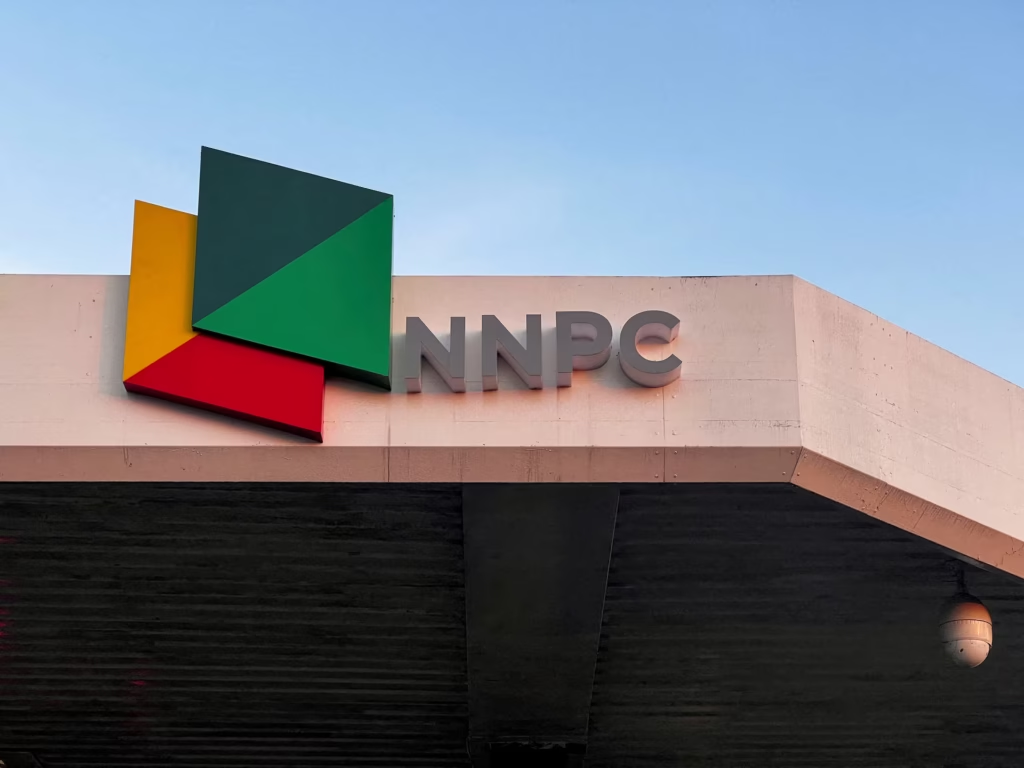
Nigeria is in the process of establishing a national commodity board to oversee and regulate the prices of grains and other commodities.
This move comes in response to the surge in food costs, contributing to double-digit inflation in a nation where smallholder farmers play a dominant role in production.
In December, Nigeria experienced an annual inflation rate of 28.92%, the highest in nearly three decades, primarily fueled by a sharp increase in food prices, further exacerbating the already challenging cost of living situation.
The inflation data for January is expected to be released on Thursday.
Vice President Kashim Shettima announced on Tuesday that the National Commodity Board would be responsible for maintaining a strategic food reserve.
This reserve could be utilized to mitigate volatility, stabilize prices, and address the escalating food inflation issue in Africa’s most populous nation.
Food inflation, representing a significant portion of Nigeria’s overall inflation basket, rose to 33.93% in December compared to 32.84% the previous month.
Shettima outlined the government’s short-term plans to revitalize food supply, which includes distributing fertilizers and grains to farmers and households. These measures aim to counter the impact of removing a costly but popular fuel subsidy implemented by President Bola Tinubu in May of the previous year.
Tinubu’s bold reforms included scrapping the fuel subsidy and devaluing the currency to stimulate economic growth. However, the desired growth has not materialized, and inflation has intensified.
Rising instances of kidnapping and banditry in farming areas have further contributed to the escalation of food prices.
Shettima assured that the government would leverage its “security architecture” to protect both farms and farmers, enabling them to work without the fear of attacks. Additionally, he mentioned that concessionary funds would be provided to farmers, and the government would promote irrigation to ensure year-round food production.
The context of these reforms involves Nigeria’s decision to eliminate marketing boards that guaranteed farmers minimum prices in the 1980s.
This move was part of broader reforms aimed at ending subsidies, encouraging exports, and stabilizing markets after prices surged through informal channels.




